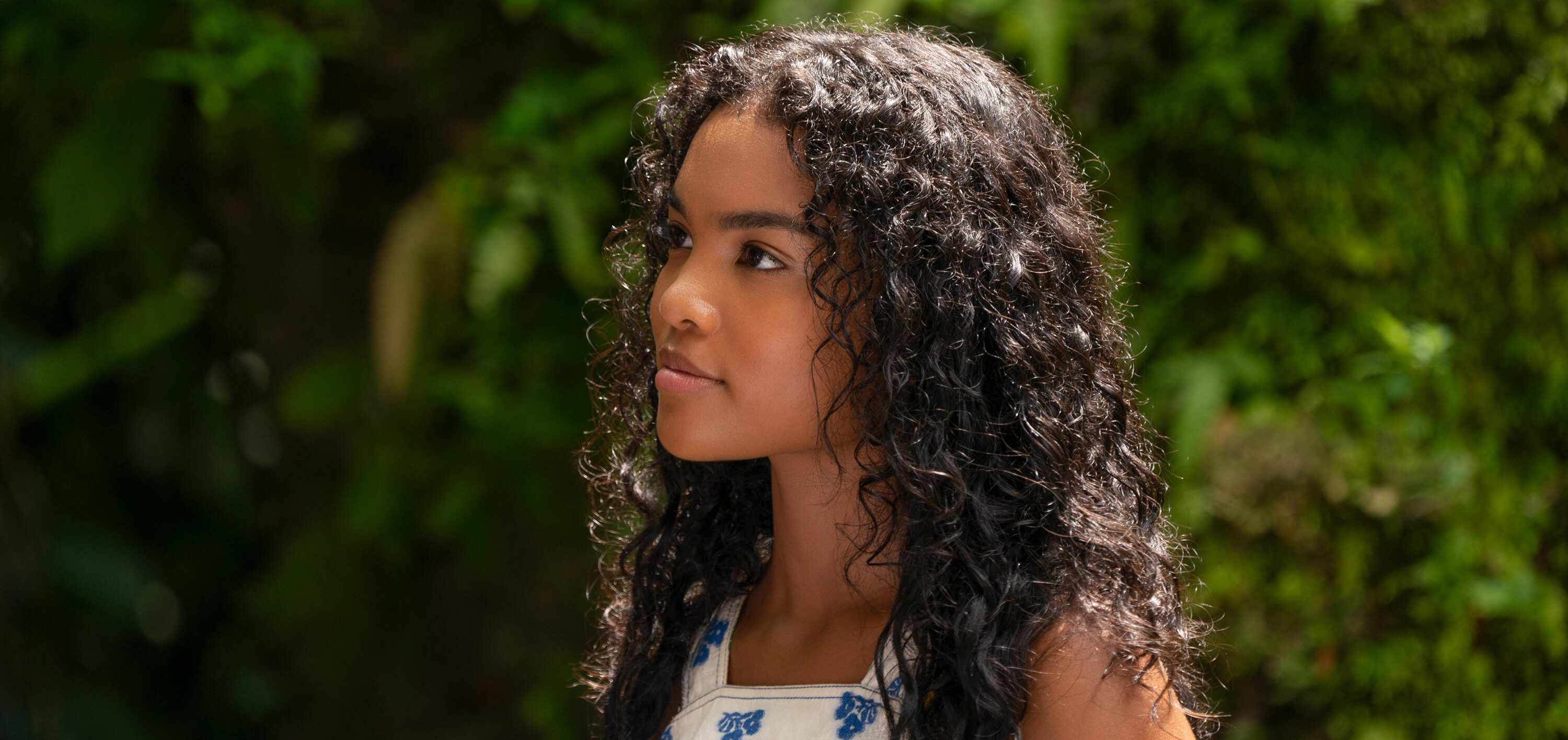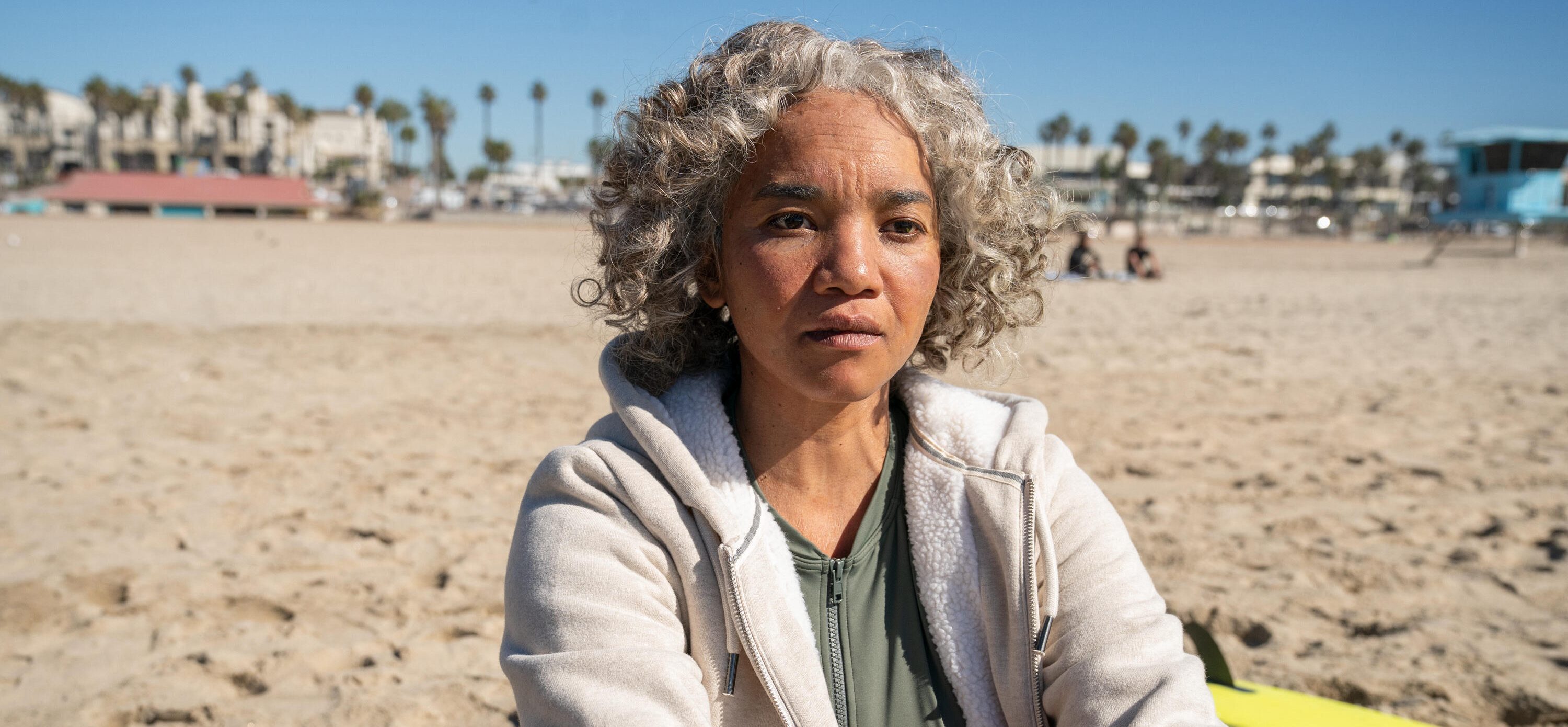In Hulu’s historical series ‘Black Cake,’ Eleanor Bennett dies after battling cancer, bidding adieu to her son Byron and daughter Benny. After her death, the two children discover that their mother had left them a series of voice recordings through which she reveals her real identity and engrossing life saga. Byron and Benny learn that their mother Eleanor was really Covey from Jamaica, who vanished from her home country when her husband got killed. Covey/Eleanor’s struggles to overcome life’s harsh difficulties make her relatable but is she based on a real person too?
From the Life and World of Charmaine Wilkerson
Covey/Eleanor Bennett is a fictional character conceived by Charmaine Wilkerson for her eponymous novel, which serves as the source text of the series. The author was heavily inspired by her Jamaican heritage to create not only the novel but also the protagonist, who searches and finds home in a black cake she bakes after leaving her country. Wilkerson’s own mother was a black cake specialist and the latter’s life laid the foundation for the character. “Without a doubt, I would not have imagined [Covey’s] story if I hadn’t been born to a woman who made a legendary black cake,” the novelist told Eater.

First of all, Covey is not a fictional counterpart of Wilkerson’s mother. The character’s life journey, which begins with her upbringing without her mother and ends with her death after setting up a life in California upon fleeing her home as a murder suspect, is entirely fictitious. However, Wilkerson treats the fictional character as a window to the Caribbean culture she is a part of to explore varying themes that range from identity to nostalgia. In the series, Covey guides Byron and Benny to their roots after her death so that they can finally belong to their mother’s heritage. Covey acts as a gateway through which one can examine what it means to be a Caribbean in and/or out of one’s home and how one is inevitably drawn towards their culture.
Wilkerson integrated her own experiences into Covey, which makes her relatable and authentic. “My novel is not autobiographical, but the emotional currents that run through any work of fiction often link back to real-life emotions we have experienced, or heard about, or read of,” the novelist wrote in an Elle feature. Similar to her protagonist, Wilkerson’s father and mother were not together while she was growing up. Like how Pearl helps Covey immerse in her culture, the author was helped by her stepparents, who were part of her “shape-shifting sense of family and home.”
The Access Character
Marissa Jo Cerar, who adapted the novel to the show, found traces of herself in Covey. “I was my own version of Covey growing up in my little cornfield town in Illinois in the ‘80s and ‘90s,” the writer told Black Girl Nerds about relating to the protagonist. “Being the only Black person there and trying to find myself and where do I fit and what box do I check and all of the things that Covey’s trying to figure out coming-of-age, I’ve been through it and I feel like, it’s much more universal than just me and I think there’s an access character and storyline for every audience,” Cerar added.

As Cerar made it clear, Covey can be seen as a relatable character who brings the viewers closer to the larger narrative of the novel and series that explores several significant themes. Through her POV, Wilkerson and Cerar introduce the readers/audiences to highly relevant subjects such as queer identity, misogyny, discrimination against women, etc. Covey, representing thousands and thousands of real-life Caribbean women, stands witness to the same while trying to survive the obstacles life throws her way.
Read More: Black Cake Takes Place Across Multiple Countries in Different Years


You must be logged in to post a comment.